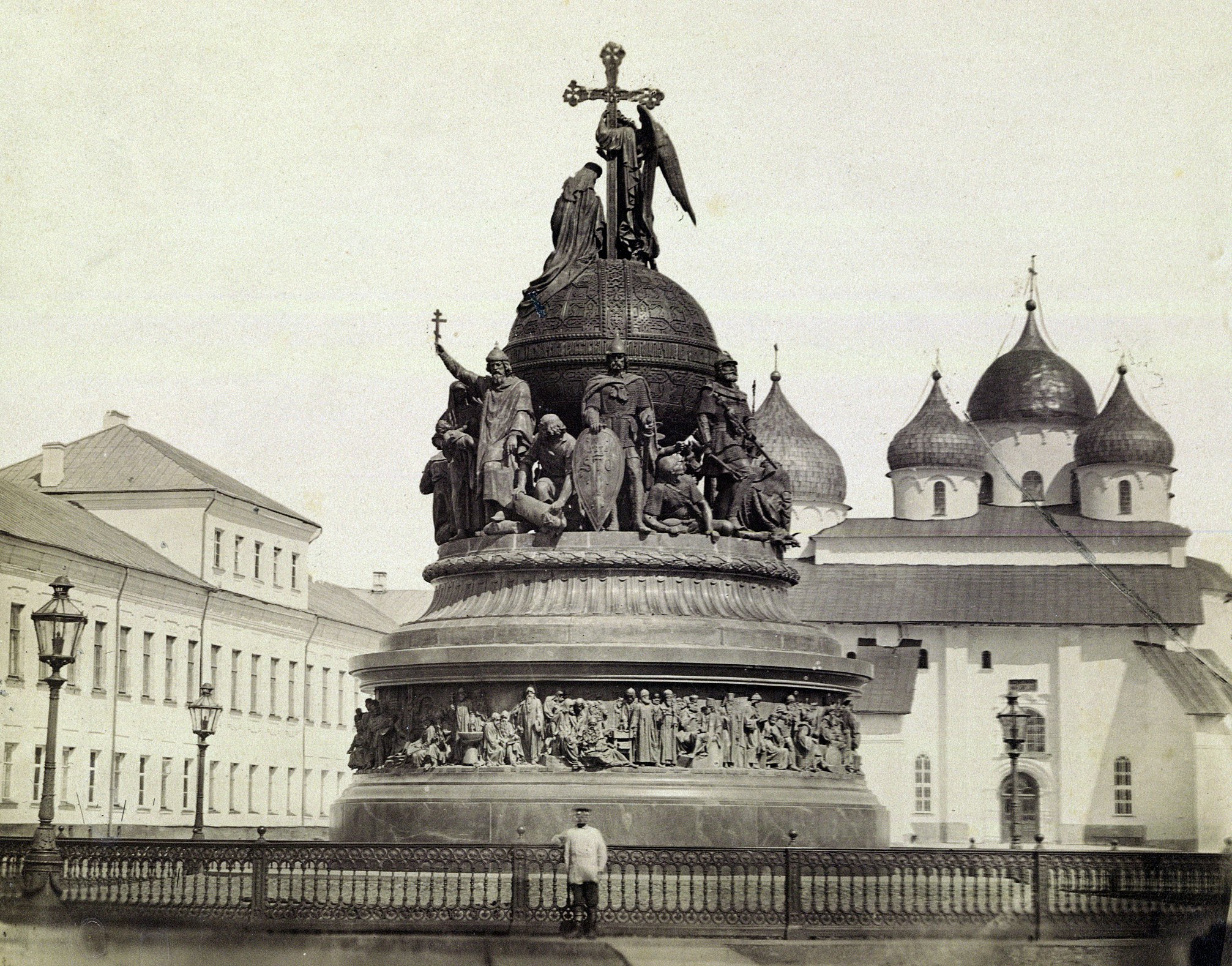Noble Titles: Purchase A Title Of Nobility
페이지 정보
작성자 Rob Dunn 댓글 0건 조회 6회 작성일 24-12-22 15:13본문

You can’t discover baronial titles or different ranks anyplace else. Becoming a lord or lady means obtaining the bottom rank of peerage, and such titles may be yours for just £29.Ninety nine. Providing you with the chance to fashion yourself as such on any future documentation, this represents the achievement of a life-long dream for a lot of. We provide detailed reports for each title we suggest, ensuring our clients have the data they need to make knowledgeable decisions. If we can't locate an appropriate title, we provide a full refund of the research fee—no questions asked. We honor the cultural and historical significance of noble titles, treating them with the respect they deserve. We're devoted to preserving their legacy and ensuring they are transferred only to people who share our appreciation for his or her significance. The CILANE has no "president" however somewhat a Coordinator elected for three years. CILANE permits each nationwide association to perform tasks together. It holds a global congress each three years. A lot of the organizations represented in CILANE are non-public initiatives, significantly in nations the place titles of nobility are no longer recognized and due to this fact unregulated by law.
In 1722, Czar Peter the good modified the system of promotion to membership in the aristocracy from one primarily based on ancestral inheritance to one based on the worth of precise service offered to the monarchy. By the 1800s, the wealth and thus the affect of the Russian aristocrats had been lowered as a consequence of their extravagant lifestyles and poor estate management combined with a sequence of laws limiting their political energy.
This occurred progressively and somewhat haphazardly - some nobles would model themselves with titles, even with out official status. There was additionally some fluidity between ranks and titles, as effectively because the rights and privileges that accompanied them, the details of which different all through the various European international locations as they altered and developed over time. At the guts of these discussions lies a elementary tension: how can we steadiness the values of equality with the preservation of heritage? One current example comes from Spain, the place a duchess sparked public outcry by reclaiming access to a historic park. Elsewhere, people have fought legal battles to retain recognition for noble titles that stretch again centuries. Amongst them is the case of Edler Herr von Nordenburg, a hereditary title held by a household with roots tracing again to medieval Poland.
For instance, French noble titles had a legal standing and definition, whereas England’s peerage and gentry was more of a social order and class system. There have been additionally variations of hierarchy across the nations of Europe and events when a French noble would outrank a noble of comparable title in one other country. For instance, a French Duke who was in line to the throne would have been considered a higher rank than a prince of a smaller country or less highly effective principality. Usually, though, the titles and ranks of French nobles aligned with the hierarchy of nobility in other countries of medieval Europe, albeit with a singular French flair. Probably the most tangible legacies from the imperial past are of the material type: bodily structures corresponding to cities, colleges, hospitals, railway stations, judicial and legislative buildings, roads, canals and bridges. There may be common settlement concerning the continuing utility of many of those built legacies for post-colonial governments and populations.